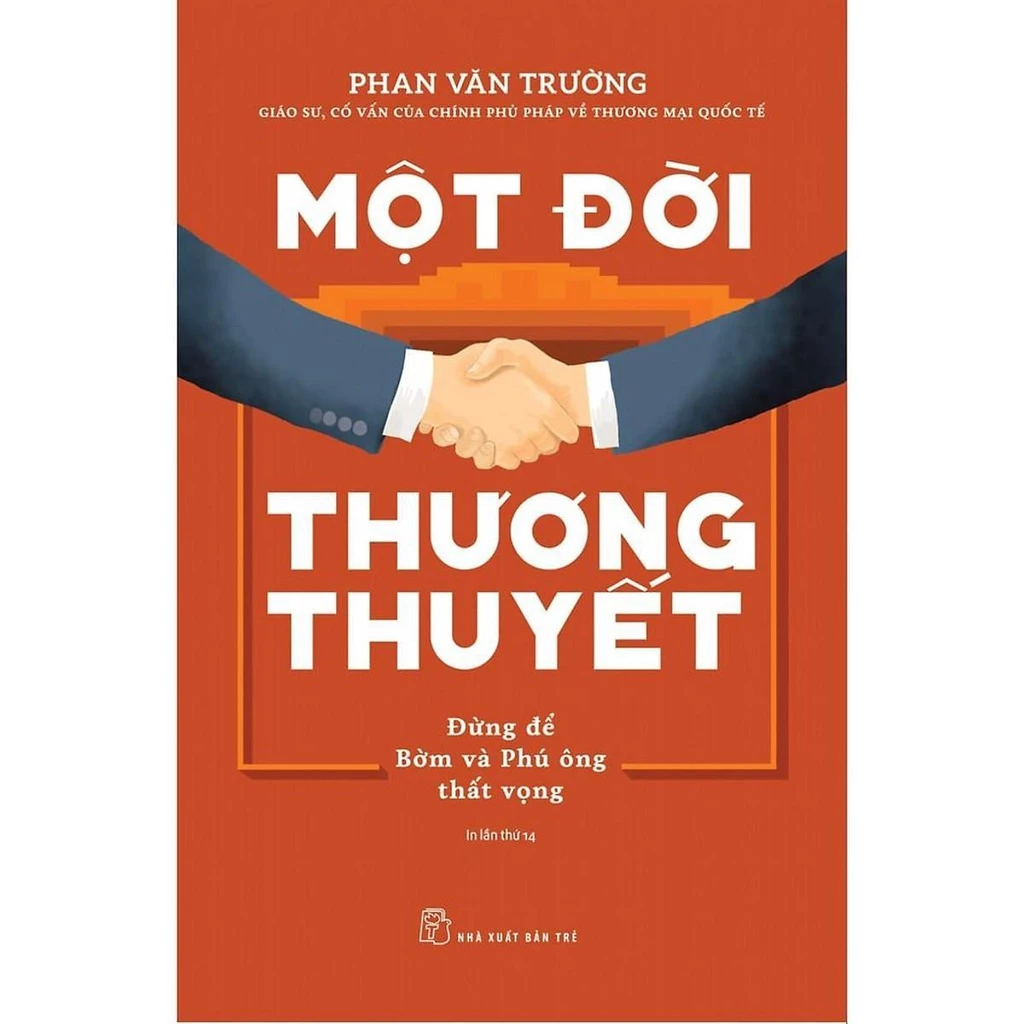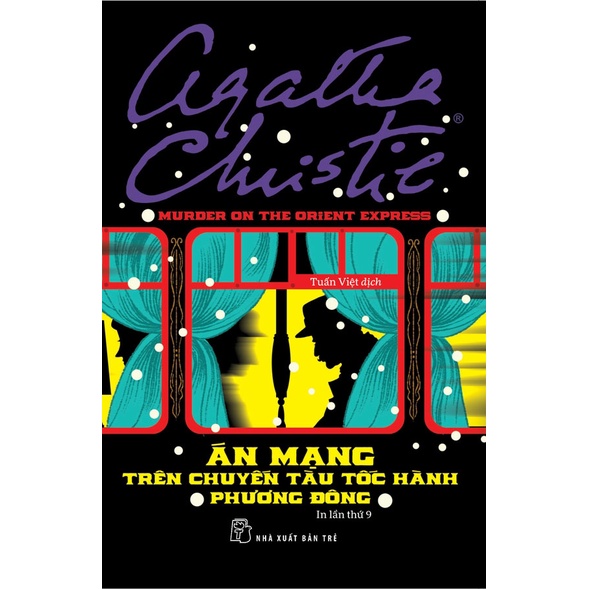Tiếng Mông Cổ Khalkha
| Tiếng Mông Cổ Khalkha | |
|---|---|
| Халх аялгуу Halh ayalguu ᠬᠠᠯᠬᠠ ᠠᠶᠠᠯᠭᠤ | |
| Sử dụng tại | Mông Cổ |
| Khu vực | Mông Cổ |
| Tổng số người nói | 3.000.000 |
| Phân loại | Mông Cổ
|
| Mã ngôn ngữ | |
| ISO 639-3 | khk |
| Glottolog | halh1238[1] |
Phương ngữ Khalkha (tiếng Mông Cổ: Халх аялгуу / Halh ayalguu / ᠬᠠᠯᠬᠠ ᠠᠶᠠᠯᠭᠤ, [χaɬχ ajɮˈɢʊː]) là một phương ngữ Trung Mông Cổ được sử dụng rộng rãi ở Mông Cổ. Theo một số phân loại, phương ngữ này bao gồm các phương ngữ Nam Mông Cổ như Shiliin gol, Ulaanchab và Sönid.[2] Là cơ sở cho chữ viết Kirin của tiếng Mông Cổ,[3] trên thực tế Khalkha là ngôn ngữ quốc gia của Mông Cổ.[4] Tên gọi này liên quan đến người Mông Cổ Khalkha và sông Khalkha.
Phân loại phương ngữ Khalkha
[sửa | sửa mã nguồn]Trong cuốn sách The Mongolic Languages của Juha Janhunen, ông phân loại các phương ngữ Khalkha thành 19 phương ngữ nhỏ hơn:[5]
- Ngoại Mông:
- Trung:
- Phương ngữ Khalkha chính
- Bắc Khalkha
- Nam Khalkha
- Phương ngữ Ulan Bator của Khalkha
- Phương ngữ Khalkha chính
- Bắc:
- Phương ngữ Khotgoit (Xotgaid)
- Phương ngữ Darkhat (Darxed)
- Đông nam:
- Phương ngữ Dariganga (Darygengg)
- Trung:
- Nga:
- Tsongol (Tzonggel)
- Sartul (Sartool)
- cả hai đều được phân loại là các phương ngữ "Buryat" về mặt chính thức.
- Nội Mông:
- Các phương ngữ Ulan Tsab:
- Phương ngữ Chakhar (Tzaxer)
- Phương ngữ Urat (Ourd)
- Phương ngữ Darkhan (Darxen)
- Phương ngữ Dörben Huuhet (Deurben Xuuxed)
- Phương ngữ Muumingan (Moo Minggen)
- Phương ngữ Keshigten (Xeshegten)
- Các phương ngữ Shilingol (Shiilin Gol):
- Phương ngữ Udzumuchin (Udzencem)
- Phương ngữ Khuuchit (Xooced)
- Phương ngữ Abaga (Abegh)
- Phương ngữ Abaganar (Abeghner)
- Phương ngữ Sunit (Seund)
- Các phương ngữ Ulan Tsab:
Xem thêm
[sửa | sửa mã nguồn]Tham khảo
[sửa | sửa mã nguồn]- ^ Nordhoff, Sebastian; Hammarström, Harald; Forkel, Robert; Haspelmath, Martin biên tập (2013). “Halh Mongolian”. Glottolog. Leipzig: Max Planck Institute for Evolutionary Anthropology.
- ^ Svantesson et al. 2005: 143. Janhunen 2003: 179-180 mentions that such an approach might be possible. Sečenbaγatur et al. 2005: 207 without further discussion include at least Shiliin gol and Ulaanchab into the Chakhar dialect.
- ^ Sečenbaγatur et al. (2005): 372, also see Svantesson et al. (2005): 36
- ^ Sečenbaγatur et al. (2005): 372, cp. Mongolian State (2003): Törijn alban josny helnij tuhaj huul’ Lưu trữ 2009-08-22 tại Wayback Machine, retrieved 2009-03-27
- ^ Janhunen, Juha A. (2012). Mongolian (bằng tiếng Anh). John Benjamins Publishing. tr. On page 9, Juhanen writes: "In Outer Mongolia, the Khalkha group comprises, apart from Khalkha proper, the Khotgoit (Xotgaid) and Darkhat (Darxed) dialects in the north and the Dariganga (Darygengg) dialect in the southeast. This group also includes the Tsongol (Tzonggel) and Sartul (Sartool) dialects, officially classified as “Buryat”, on the Russian side. On the Inner Mongolian side, the Khalkha group comprises the so-called Ulan Tsab (Oulaan Tzab) dialects, including Chakhar (Tzaxer), Urat (Ourd), Darkhan (Darxen), Muumingan (Moo Minggen), Dörben Huuhet (Deurben Xuuxed) and Keshigten (Xeshegten), as well as the so-called Shilingol (Shiliin Gol) dialects, including Udzumuchin (Udzemcen), Khuuchit (Xooced), Abaga (Abegh), Abaganar (Abeghner) and Sunit (Seund). Most of the dialects genetically belonging to the Khalkha group but areally spoken on the Inner Mongolian side are in some ways transitional, in that they incorporate secondary influences from dialects of the Khorchin type. Khalkha proper itself is also dialectally diversified and comprises, among others, two major groups of subdialects known as Northern Khalkha and Southern Khalkha. The modern Ulan Bator dialect of Khalkha, which for political reasons has a prestige status in Mongolia, has also developed into a distinct form of speech.". ISBN 978-90-272-3820-7.
Thư mục
[sửa | sửa mã nguồn]- Amaržargal, B. (1988): BNMAU dah’ mongol helnij nutgijn ajalguuny tol’ bichig: halh ajalguu. Ulaanbaatar: ŠUA.
- Birtalan, Ágnes (2003): Oirat. In: Janhunen (ed.) 2003: 210-228.
- Bläsing, Uwe (2003): Kalmuck. In: Janhunen (ed.) 2003: 229-247.
- Janhunen, Juha (ed.) (2003): The Mongolic languages. London: Routledge.
- Janhunen, Juha (2003a): Mongol dialects. In: Janhunen 2003: 177-191.
- Ölǰeyibürin (2001): Sünid aman ayalγun-u geyigülügči abiyalaburi-yin sistem. In: Mongγol Kele Utq-a ǰokiyal 2001/1: 16-23.
- Poppe, Nicholas (1951): Khalkha-mongolische Grammatik. Wiesbaden: Franz Steiner.
- Sečenbaγatur, Qasgerel, Tuyaγ-a, B. ǰirannige, U Ying ǰe (2005): Mongγul kelen-ü nutuγ-un ayalγun-u sinǰilel-ün uduridqal. Kökeqota: Öbür mongγul-un arad-un keblel-ün qoriy-a.
- Street, John (1957): The language of the Secret history of the Mongols. American Oriental series 42.
- Svantesson, Jan-Olof, Anna Tsendina, Anastasia Karlsson, Vivan Franzén (2005): The Phonology of Mongolian. New York: Oxford University Press.
Chúng tôi bán
 GIẢM
22%
GIẢM
22%
105.000 ₫
135.000 ₫
![[Review sách] Atomic Habits - Hiểu đúng về thói quen](https://down-bs-vn.img.susercontent.com/sg-11134201-22110-rq2ijer9fyjv18.webp) GIẢM
26%
GIẢM
26%
125.900 ₫
169.000 ₫
 GIẢM
24%
GIẢM
24%
74.000 ₫
97.000 ₫
 GIẢM
31%
GIẢM
31%
58.000 ₫
84.000 ₫
 GIẢM
50%
GIẢM
50%
150.000 ₫
298.000 ₫




